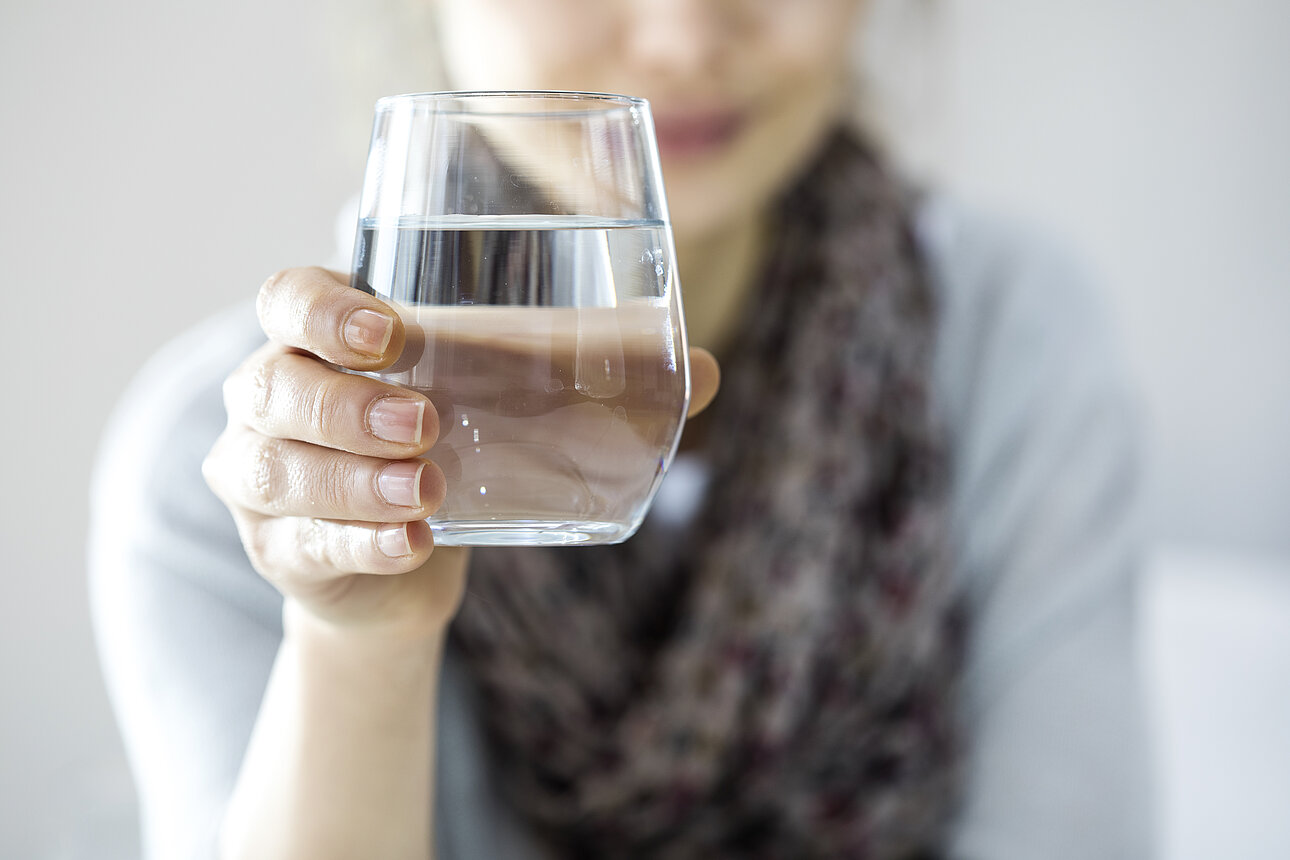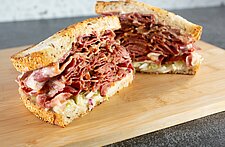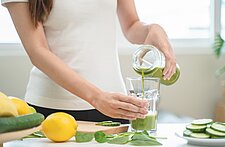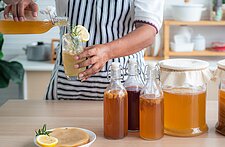Going green is a hot topic in the culinary world for a couple of reasons. For starters, the onward march of global warming is contributing to droughts and other increasingly extreme weather conditions that impact crop production, food prices, and the planet as a whole.
Then, there’s the growing consumer demand for companies committed to green operations, with products and services characterized by sustainability. Conserving resources is an important part of the picture, along with curbing pollution and waste.
Clean, potable water is a finite resource that also happens to be a necessity for every living thing. There are several ways companies can work to cut water waste, but waterless beverages are quickly emerging as a popular choice, one that has the potential to boost profits. What are some current examples of this concept in action?
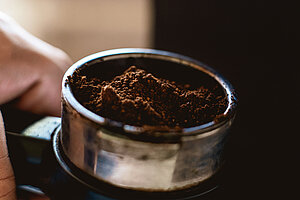 Coffee Concentrates
Coffee Concentrates
Some coffee drinkers are committed to roasting, grinding, and brewing fresh coffee daily. There are also plenty of consumers looking for a quicker, easier way to get their daily dose of caffeine. Coffee pods from companies like Keurig and Nespresso have gained ground in this arena over the last several years.
The problem for some consumers, however, is the disposable mentality associated with this admittedly convenient form of coffee consumption. Some companies have started to pivot toward more sustainable options like coffee concentrates.
Often sold in glass bottles, these concentrated liquids can be diluted to create what amounts to espresso drinks or a drip/press coffee experience. This not only requires less packaging and production, but glass bottles can be recycled after use.
As for water usage, concentrates tend to feature equal parts coffee and water (1:1 ratio). By comparison, a cold brew coffee could have a ratio of 1:8 or 1:4, for example, depending on the desired strength. Drip coffee is typically about 1:17.
Granted, users might add more water (or other liquid) to dilute, but from a production standpoint, coffee concentrates are sure to please eco-conscious consumers.
Stay on top of the latest trends! Sign up for our Newsletter here
Smart Cups
If you’ve never heard of printed beverages, you’re not alone. While 3D printing technology has been around for a while (it was first patented in 1986), it has only recently become more available and affordable.
Today, 3D printing is used in the medical field to make prosthetics and in dentistry to make crowns and implants. It can produce custom car and airplane parts. It’s also the technology behind Smart Cups, a sustainable take on mass-produced beverages.
Printed beverage cups don’t contain any liquid. They feature ingredient capsules printed right into the bottom of a plant-based cup. When water is added, the capsules dissolve, producing the intended beverage.
This waterless design not only helps with conservation efforts but maximizes shipping and reduces emissions. A shipping container that holds 100,000 plastic bottles could hold 2.1 million Smart Cups, whereas 3.1 million Smart Cups could take the place of 100,000 glass bottles.
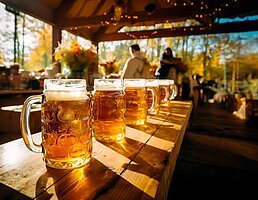 Waterless Beer
Waterless Beer
It’s natural to discuss the content of malt or hops in beer as it impacts the flavor. However, the main ingredient in this bubbly beverage is water, which makes up about 90% of every batch.
The Wild Beer Company, in collaboration with The Brewgooder Foundation, first created a waterless beer, aptly named “No Water,” back in 2020. It relies on whey waste, a byproduct of cheese production, from a local dairy to stand in for water, creating a tasty milk stout that’s smarter than the average beer.
Related: Weather the Lull of Dry January With Trendy Mocktails
Curbing Water Waste
There are many ways to conserve water when it comes to the beverage industry. Some wineries practice dry farming, and some breweries are turning to treated wastewater.
With sustainable solutions designed to cut water waste, pollution, and other forms of environmental harm, responsible companies interested in attracting an eco-friendly consumer base have more options to explore than ever before.
To learn more about our products and insights, get in touch with our team at Symrise today, Contact us here!
